Transforming Lagos Public Transport: The LAMATA and NURTW Partnership
In a strategic move to modernize Lagos’ transportation landscape, the Lagos Metropolitan Area Transport Authority (LAMATA) has launched the Bus Industry Transition Programme. This initiative aims to formally incorporate informal transport operators into the regulated public transit framework, fostering a more organized and efficient system.
Formalizing Informal Transport Operators
The Bus Industry Transition Programme is designed to bridge the gap between informal transport providers-such as the ubiquitous danfo minibuses-and the formal public transport sector. By doing so, LAMATA seeks to enhance service quality, improve safety standards, and streamline operations across the city’s bustling transit network.
Collaborative Efforts with NURTW
Central to this transformation is the collaboration with the National Union of Road Transport Workers (NURTW), a key stakeholder representing many informal operators. This alliance is pivotal in ensuring that the transition respects the livelihoods of existing operators while aligning with Lagos’ broader urban mobility goals.
Impact and Future Outlook
Since its inception, the programme has facilitated the registration and training of thousands of transport workers, equipping them with skills to operate within a formalized system. Recent data indicates a 20% increase in commuter satisfaction and a notable reduction in traffic congestion along major corridors served by the Bus Rapid Transit (BRT) system.
Looking ahead, LAMATA and NURTW plan to expand this partnership, incorporating more operators and integrating advanced technologies such as electronic ticketing and real-time tracking to further enhance the commuter experience.
Source: Premium Times Nigeria

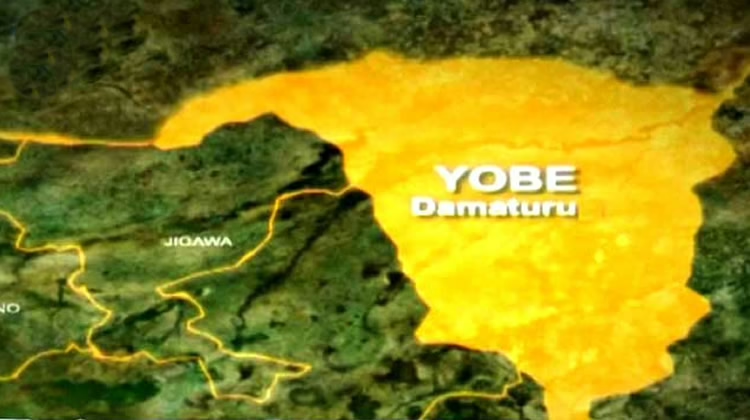

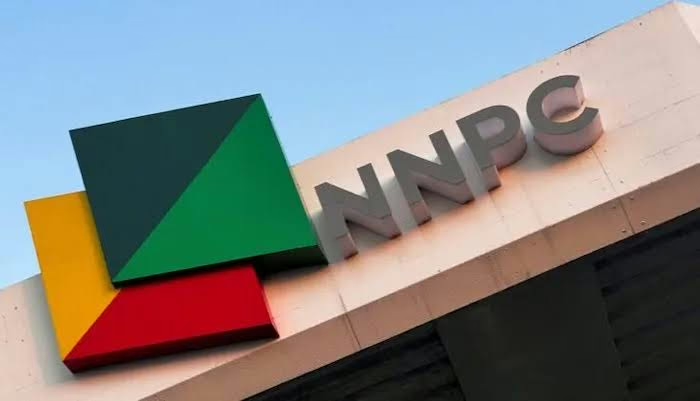

![INVESTIGATION [I]: In Lagos, poverty, extortion deprive sexually abused children of justice](https://lifeinlagos.com/wp-content/uploads/2025/08/1756024989_INVESTIGATION-I-In-Lagos-poverty-extortion-deprive-sexually-abused-children-200x150.avif)
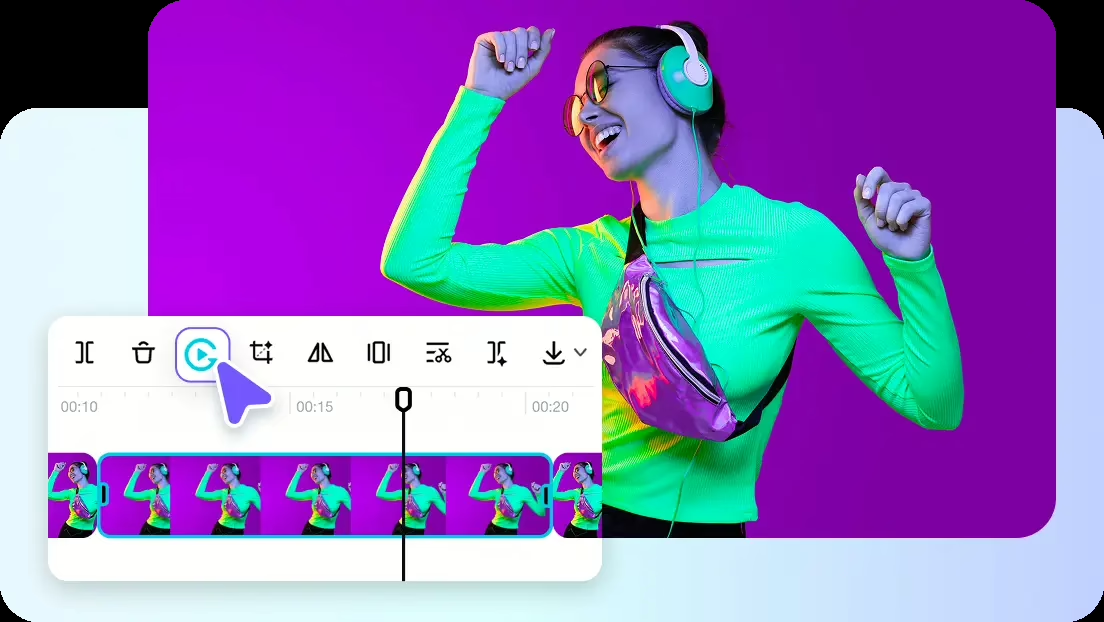
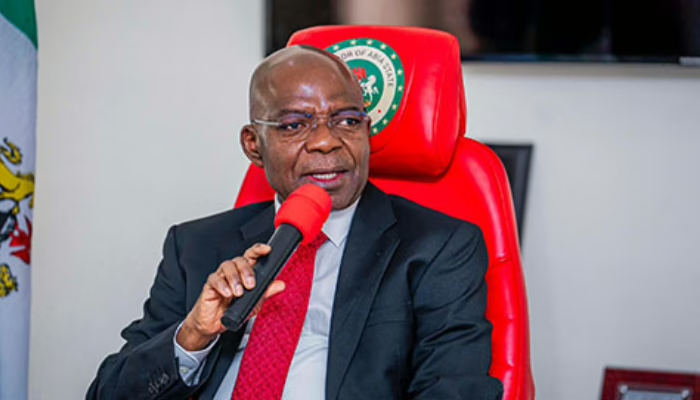







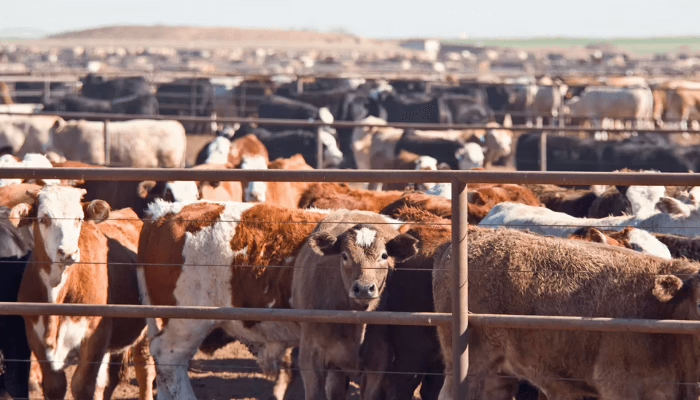



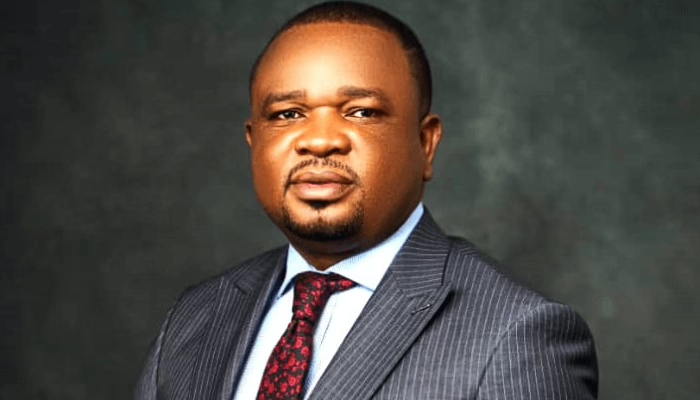
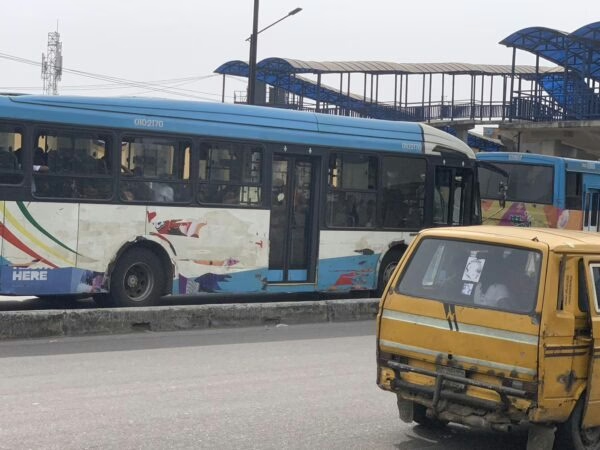

0 Comments